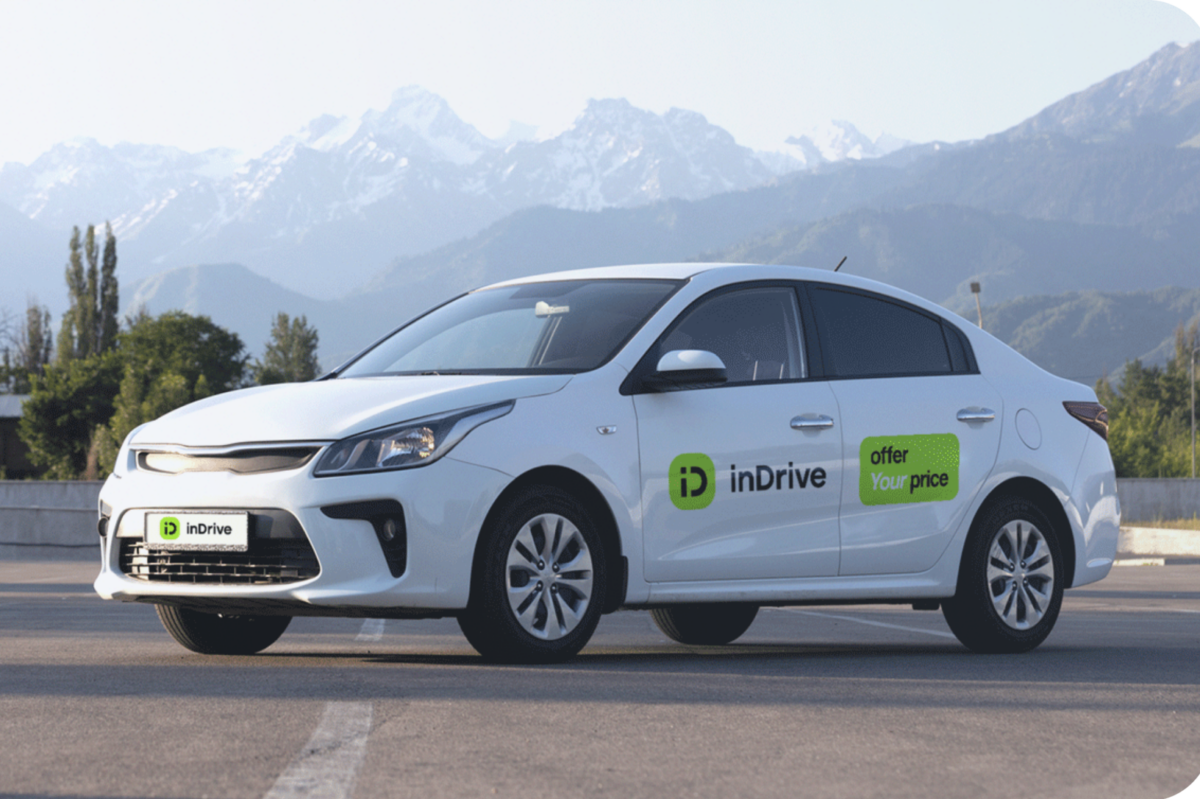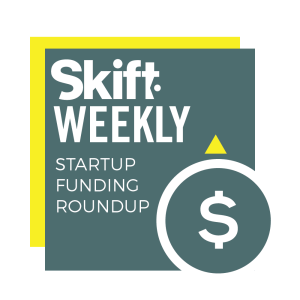2 Rideshare Startups Raise $250 Million from Uber and Others

Skift Take

Travel Startup Funding This Week
Each week we round up travel startups that have recently received or announced funding. Please email Travel Tech Reporter Justin Dawes at jd@skift.com if you have funding news.Mobility is the theme for this week’s travel startup funding roundup.
The top two biggest fundraises were for rideshare startups, one focused on African countries and one that's been rapidly expanding worldwide.
The third-largest raise was for an electric boat that flies above the water.
In total, four travel startups announced fundraises of over $280 million in the past week.
Moove: $100 Million
Moove, which provides financing to help rideshare drivers purchase cars, has raised $100 million in series B funding at a company valuation of $750 million.
Uber invested in the round alongside Mubadala, an investment company owned by the Emirati government. Other investors included The Latest Ventures, Africinvest, Palm Drive Capital, Triatlum Advisors AG, and Future Africa.
The company has now raised a total of $250 million in equity from investors including BlackRock, as well as $210 million in debt, since it was founded in 2020.
Moove’s customers are potential rideshare drivers who have been denied access to traditional vehicle loans. Drivers select a vehicle and loan provided by Moove, and then work for a partner rideshare app to pay back the loan in weekly payments for up to 48 months.
The startup said it connects with those rideshare platforms to analyze driver performance and revenue as a way to underwrite loans. Moove works with rideshare apps including Uber, Glovo, and Sendy.
Moove said it has provided financing to more than 20,000 drivers, enabling more than 30 million trips. The company said it has an annual recurring revenue of over $115 million and is on track to reach profitability during the next financial year.
Founded in Nigeria, the startup primarily operates in several African countries, as well as India, the U.K., and the U.A.E. The startup has since moved its headquarters to Dubai.
Moove plans to expand from nine to 16 markets by the end of 2025 and add 45,000 vehicles to its platform. Much of that expansion will be focused on electric vehicles.
InDrive: $150 Million
InDrive, a rideshare and delivery services app, has raised $150 million from General Catalyst.
The deal is an extension of $150 million that General Catalyst invested in 2023, which is eligible for another additional extension.
The funding will go toward product improvements, expanding service offerings, and entering new markets.
The California-based company said it had a 54% growth in net revenue in 2023.
The app is active in 749 cities and has host 2 billion rides, according to its website.
Candela: $26.5 Million
Candela, which has developed an electric boat, has raised $26.5 million (€24.5 million).
Groupe Beneteau, which builds 8,000 yachts annually, was a “key partner” in the round. Other investors included EQT Ventures, Ocean Zero LLC, and Kan Dela AB.
The company has now raised €70 million.
Stockholm-based Candela released its first vessel, P-12, last November.
The P-12 ferry is built with a hydrofoil device, a sort of underwater fin that’s designed to slightly lift the boat out of the water. Candela said that flying above the friction of the water reduces energy use by 80% compared to traditional boats, allowing its vehicle to be fully electric.
The company said the vessels also do not create wake, allowing them to move through the water faster. Its first route — in Stockholm starting this July — will cut travel times in half compared to legacy vessels, the company said.
Candela said the boat also has tech that senses and counteracts choppy waters, meant to eliminate motion sickness.
“We’ve spent years developing the technological maturity, and now we’re fit for scaling to commercial vessels. As in any industry, the fastest-scaling company will dominate the market,” said Gustav Hasselskog, founder and CEO of Candela, in a statement.
The funding will go toward scaling production.
Brij Hotels: $4 Million
Brij Hotels, a collection of boutique hotels in India, has raised $4 million in a series A funding round led by the Manipal Education and Medical Group family office, with support from several individual investors.
The hotel company owns eight hotels in tourist destinations, and it plans to expand using the new funding.
The company said its hotels also offer guests activities meant to celebrate local art and culture. It said it hires and trains 75% of its staff from the hotels’ local communities.
| Company | Stage | Lead | Raise |
|---|---|---|---|
| Moove | Series B | Unspecified | $100 million |
| InDrive | Unspecified | General Catalyst | $150 million |
| Candela | Unspecified | Unspecified | $26.5 million |
| Brij Hotels | Series A | Manipal Education and Medical Group | $4 million |
Skift Cheat Sheet
Seed capital is money used to start a business, often led by angel investors and friends or family.
Series A financing is typically drawn from venture capitalists. The round aims to help a startup’s founders make sure that their product is something that customers truly want to buy.
Series B financing is mainly about venture capitalist firms helping a company grow faster. These fundraising rounds can assist in recruiting skilled workers and developing cost-effective marketing.
Series C financing is ordinarily about helping a company expand, such as through acquisitions. In addition to VCs, hedge funds, investment banks, and private equity firms often participate.
Series D, E, and, beyond These mainly mature businesses and the funding round may help a company prepare to go public or be acquired. A variety of types of private investors might participate.





